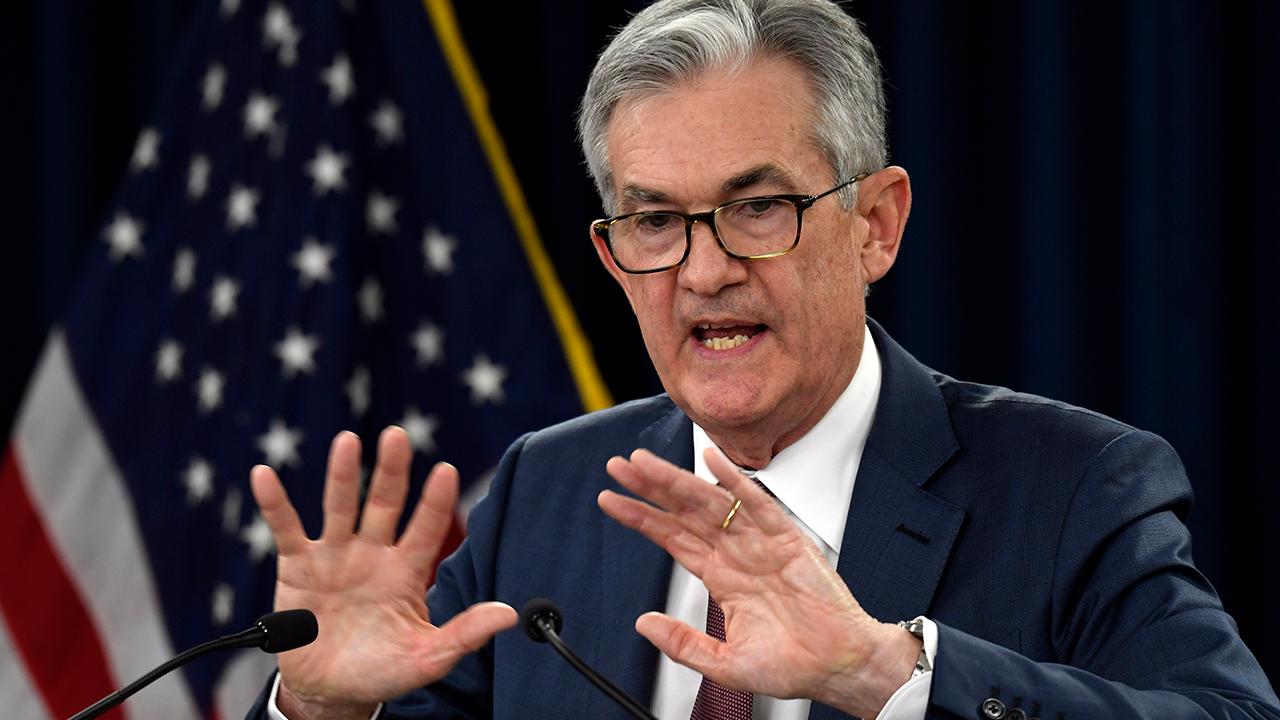US economy grows 1.9% on consumer strength
The U.S. economy showed more strength than expected in the three months through September, growing 1.9 percent, according to an advance reading from the Commerce Department.
The expansion in gross domestic product topped the annualized 1.6 percent that economists surveyed by Refinitiv were expecting, though it was still slower than earlier in the year. The U.S. economy grew at a 2 percent pace in the second quarter and by 3.1 percent at the start of 2019.
The waning momentum reflects the 15-month long trade war between the U.S. and China, which has weighed on consumer and business confidence.
GET FOX BUSINESS ON THE GO BY CLICKING HERE
"Today’s GDP report is a welcome bright spot in the midst of all of the uncertainty we’ve been wading through lately and tells us that the U.S. economy still has some punches left," said Steve Rick, chief economist at the Madison, Wisconsin-based CUNA Mututal Group, which has $20.6 billion in assets under management.
The third-quarter performance was driven by consumer and government spending, residential investment and exports. Personal consumption expenditures expanded at an annualized rate of 2.9 percent as spending on big -ticket items grew. Still, that was below the 4.6 percent growth experienced in the second quarter.
PRIVATE EMPLOYERS BEAT HIRING FORECASTS WITH 125,000 NEW JOBS IN OCTOBER
Government spending advanced 2 percent, while a 3 percent drop in business investment weighed on overall performance. The slowdown in business investment was the sharpest contraction in more than 3.5 years.
Also weighing on growth were the six-week strike at General Motors, which halted production, and the ongoing troubles at Boeing that have caused a slowdown in the output of the 737 Max.
While Wednesday's reading was better-than-expected, it was well below the 3 percent growth that President Trump has targeted, which may heighten pressure on his re-election campaign as the 2020 presidential race heats up.
CLICK HERE TO READ MORE ON FOX BUSINESS
The Federal Reserve, meanwhile, will have something to think about when policymakers conclude their two-day meeting later Wednesday. Markets are expecting the central bank to cut its fed funds rate by 25 basis points to a range of 1.5 percent to 1.75 percent. A rate cut would be the Fed's third this year.
"The weaker pace of economic growth over the past two quarters is likely to be one of the reasons cited for an expected additional easing move by the Fed," said Nationwide Senior Economist Ben Ayers. "Still, mainly due to solid consumer trends, the economy is not decelerating rapidly, merely slowing back to trend. Because of this, we do expect another rate cut in December."




















